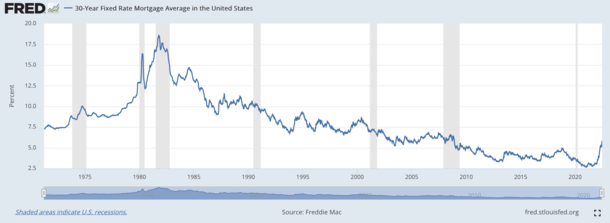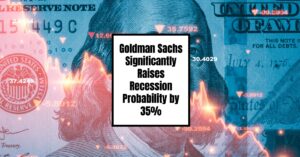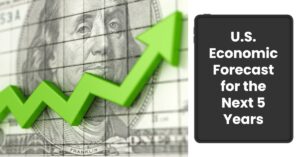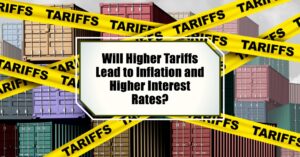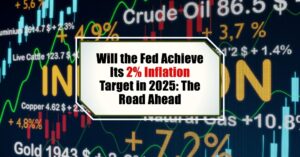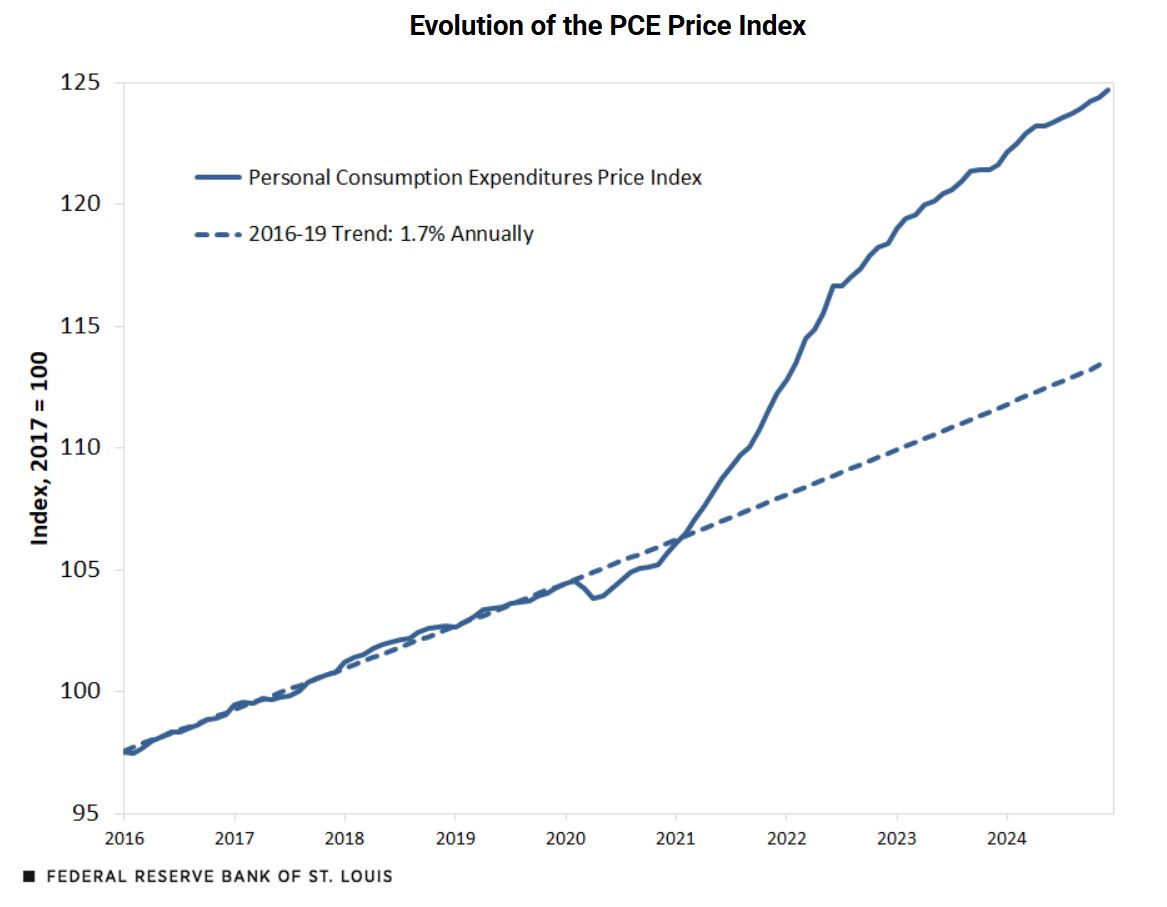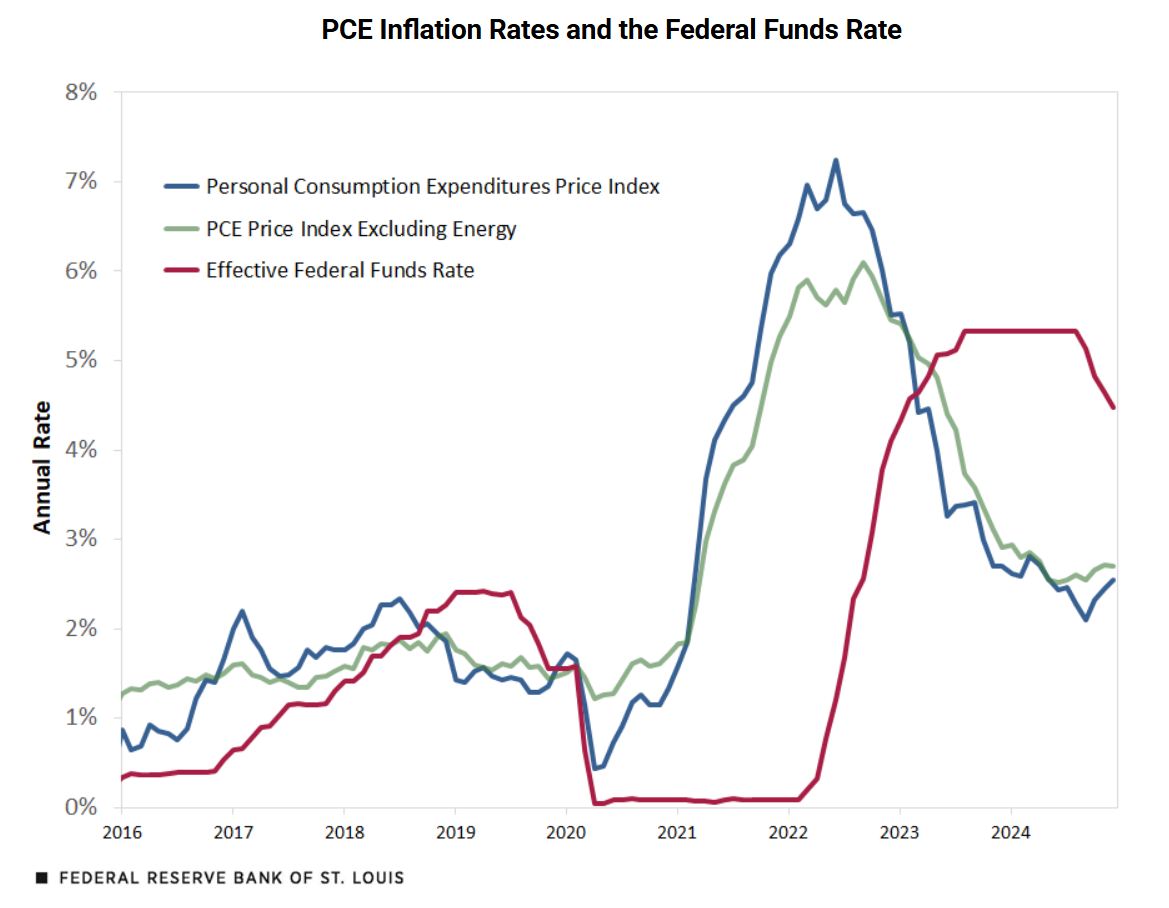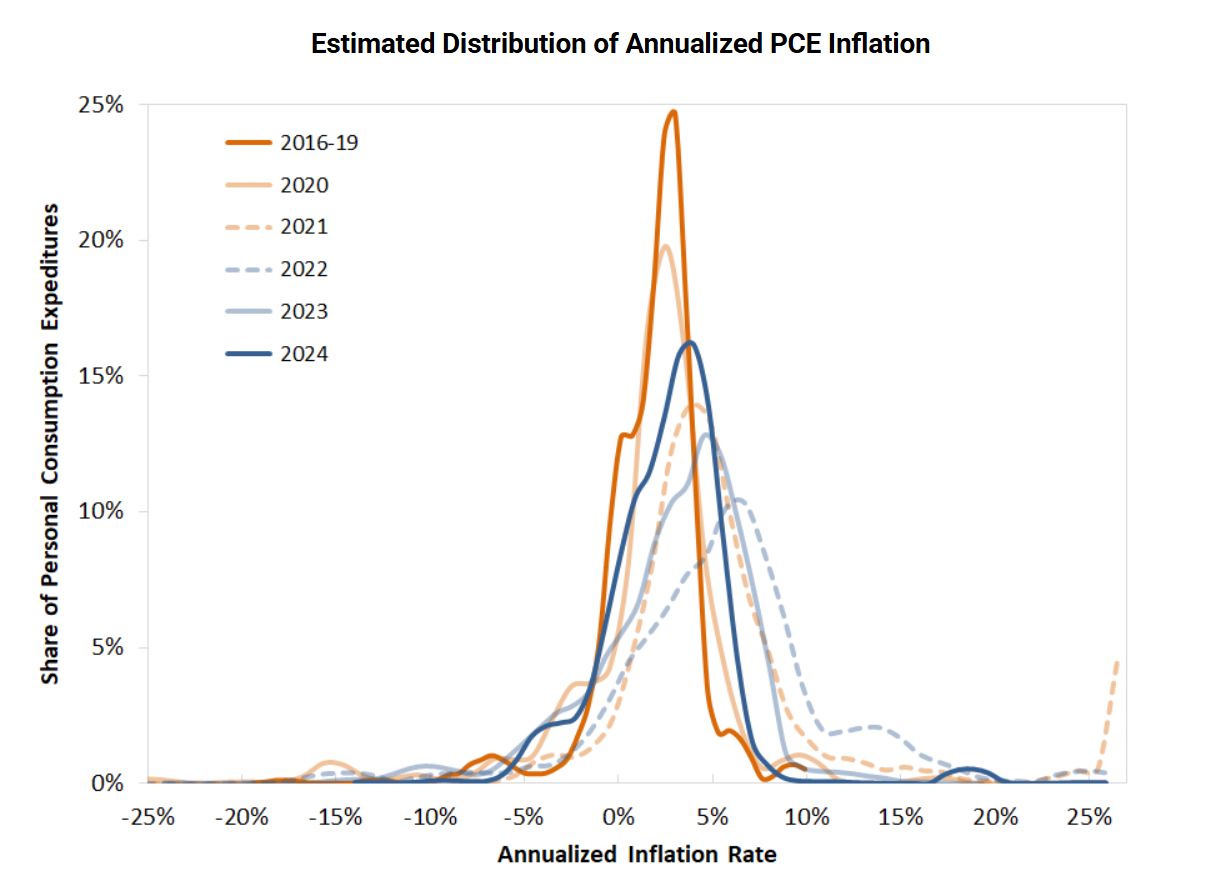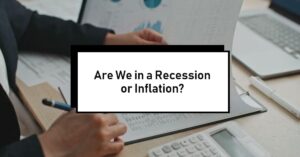How Does a Market Crash Affect Homeowners?
If home values fall quickly, purchasers may find themselves with underwater mortgages, which means they must either stay in the house until the market recovers or sell and lose money. Homeowners owe more on their mortgages than their homes were worth and can no longer just flip their way out of their homes if they cannot make the new, higher payments. Instead, they will lose their homes to foreclosure and often file for bankruptcy in the process. The housing crash begins to take its toll on homeowners and the real estate market.
The housing market has encountered significant obstacles over the previous century, but none, with the exception of the Great Depression of 1929, contributed to the decline in home prices that occurred during the Great Recession of 2007. Neither the 20 percent interest rates of the early 1980s nor the devastation of the savings and loan sector in the early 1990s led to a similar drop in property values.
<<<Also Read: Will the Housing Market Crash? >>>
It is also worth remembering that not all economic downturns chill the property market. In reality, throughout the 2001 recession, the housing market and house demand remained strong despite the economic slump. Throughout the course of the last century, the housing market has been subjected to a number of significant obstacles; but, with the exception of 1929's Great Depression, none of these problems have resulted in a decline in home values on par with that of 2007's Great Recession.
The interest rates of 20 percent in the early 1980s and the devastation of the savings and loan business in the early 1990s did not lead to a similar drop in the value of homes. It is also important to note that the housing market is not always affected negatively by recessions. Despite the fact that the economy was in a slump during the recession that began in 2001, the housing market and demand for homes continued to be healthy.
The previous housing bubble in the United States in the mid-2000s was caused in part by another bubble, this time in the technology industry. It was intimately tied to, and some believe was the cause of, the 2007-2008 financial crisis. During the late 1990s dot-com bubble, many new technology companies' stock was purchased quickly. Speculators bought up the market capitalizations of even firms that had yet to create earnings. By 2000, the Nasdaq peaked, and when the tech bubble burst, many high-flying equities plummeted.
After the dot-com bubble bust and stock market crisis, speculators fled to real estate. In response to the technology bust, the U.S. Federal Reserve lowered and maintained interest rates. This rush of money and credit met with government programs to encourage homeownership and financial market developments that improved real estate asset liquidity. More people bought and sold homes as home prices soared.
What Happened to Homeowners When The Housing Market Crashed?
In the next six years, the homeownership craze developed as interest rates fell and lending standards were relaxed. An increase in subprime borrowing began in 1999. Fannie Mae made a determined attempt to make home loans more accessible to borrowers with weaker credit scores and funds than are generally needed by lenders. The intention was to assist everyone in achieving the American dream of homeownership.
Since these customers were deemed high-risk, their mortgages had unconventional terms, such as higher interest rates and variable payments. In 2005 and 2006, 20% of mortgages went to persons who didn't meet regular lending conditions. They were called Subprime borrowers. Subprime lending has a higher risk, given the lower credit rating of borrowers.
75% of subprime loans were adjustable-rate mortgages with low initial rates and a scheduled reset after two to three years. Government promotion of homeownership prompted banks to slash rates and credit criteria, sparking a house-buying frenzy that drove the median home price up 55% from 2000 to 2007. The US homeownership rate had increased to an all-time high of 69.2% in 2004.
During that same period, the stock market began to rebound, and by 2006 interest rates started to tick upward. Due to rising property prices, investors stopped buying homes because the risk premium was too great. Subprime lending was a major contributor to this increase in homeownership rates and in the overall demand for housing, which drove prices higher.
Borrowers who would not be able to make the higher payments once the initial grace period ended, were planning to refinance their mortgages after a year or two of appreciation. As a result of the depreciating housing prices, borrowers’ ability to refinance became more difficult. Borrowers who found themselves unable to escape higher monthly payments by refinancing began to default.
There was an increase in the number of foreclosures and properties available for sale as more borrowers defaulted on their mortgages. A drop in housing prices resulted, in lowering the equity of homeowners even more. Because of the fall in mortgage payments, the value of mortgage-backed securities dropped, which hurt banks' overall value and health. The problem was rooted in this self-perpetuating cycle.
By September 2008, average US property prices had fallen by more than 20% since their peak in mid-2006. Because of the significant and unexpected drop in house values, many borrowers now have zero or negative equity in their houses, which means their properties are worth less than their mortgages. As of March 2008, an estimated 8.8 million borrowers – 10.8 percent of all homeowners – were underwater on their mortgages, a figure that is expected to have climbed to 12 million by November 2008.
By September 2010, 23 percent of all homes in the United States were worth less than the mortgage loan. Borrowers in this circumstance have the incentive to default on their mortgages because a mortgage is normally non-recourse debt backed by real estate. As foreclosure rates rise, so does the inventory of available homes for sale.
In 2007, the number of new residences sold was 26.4 percent lower than the previous year. The inventory of unsold new houses in January 2008 was 9.8 times the sales volume in December 2007, the highest value of this ratio since 1981. Furthermore, about four million existing residences were for sale, with around 2.2 million of them being unoccupied.
The inability of Homeowners To Make Their Mortgage Payments
The inability of homeowners to make their mortgage payments was primarily due to adjustable-rate mortgage resetting, borrowers overextending, predatory lending, and speculation. Once property prices began to collapse in 2006, record amounts of household debt accumulated over the decades. Consumers started paying off debt, which decreases their spending and slows the economy for a prolonged period of time until debt levels decreased.
Housing speculation using high levels of mortgage debt drove many investors with prime-quality mortgages to default and enter foreclosure on investment properties when housing prices fell. As prices fell, more homeowners faced default or foreclosure. House prices are projected to fall further until the inventory of unsold properties (an example of excess supply) returns to normal levels. According to a January 2011 estimate, property prices in the United States fell by 26 percent from their high in June 2006 to November 2010, more than the 25.9 percent decrease experienced during the Great Depression from 1928 to 1933.
There were roughly 4 million finalized foreclosures in the United States between September 2008 and September 2012. In September 2012, over 1.4 million properties, or 3.3 percent of all mortgaged homes, were in some stage of foreclosure, up from 1.5 million, or 3.5 percent, in September 2011. In September 2012, 57,000 houses went into foreclosure, down from 83,000 the previous September but still far over the 2000-2006 monthly average of 21,000 completed foreclosures.
A variety of voluntary private and government-administered or supported programs were implemented during 2007–2009 to assist homeowners with case-by-case mortgage assistance, to mitigate the foreclosure crisis engulfing the U.S. During late 2008, major banks and both Fannie Mae and Freddie Mac established moratoriums (delays) on foreclosures, to give homeowners time to work towards refinancing In 2009, over $75 billion of the package was specifically allocated to programs that help struggling homeowners. This program is referred to as the Homeowner Affordability and Stability Plan.
Is There a Housing Bubble?
When a new generation of homebuyers enters the market, housing bubbles often arise naturally as a result of population expansion. As a result of this expansion, the demand for housing is expected to rise. Speculators, excellent economic circumstances, low-interest rates, and a wide variety of financing alternatives are all elements that will lead to an increase in home values. Increased demand drives up costs because of the building time lag. Any time housing prices diverge significantly from demographically-based organic demand, the broader economy is at risk of entering a state of crisis.
The COVID-19 pandemic did not slow home prices at all. Instead, it skyrocketed. In September 2020, they were a record $226,800, according to the Case-Shiller Home Price Index. According to the National Association of Realtors, the sales rate hit 5.86 million houses in July 2020, rising to 6.86 million by October 2020, surpassing the pre-pandemic record. Many people were taking advantage of the low-interest rates to purchase either residential properties or income-based flats that appeared to be inexpensive.
Home prices rose 18.8% in 2021, according to the S&P CoreLogic Case-Shiller US National Home Price Index, the biggest increase in 34 years of data and substantially ahead of the 2020s 10.4% gain. The median home sales price was $346,900 in 2021, up 16.9% from 2020, and the highest on record going back to 1999, according to the National Association of Realtors. Home sales had the strongest year since 2006, with 6.12 million homes sold, up 8.5% from the year before.
As speculators entered the market, home prices skyrocketed, exacerbating the housing market bubble. Now it reaches a time when home prices are no longer affordable to buyers. Rising prices make properties unsustainable, causing them to be overpriced. In other words, pricing increases. Low inventory, fierce competition, and large price increases have harmed purchasers since 2020, but quickly rising mortgage rates are making it much more difficult to find an affordable house.
As prices become unsustainable and interest rates rise, purchasers withdraw. Borrowers are discouraged from taking out loans when interest rates rise. On the other side, house construction will be affected as well; costs will rise, and the market supply of housing will shrink as a result. In contrast to a sudden jump, a sustained rise in interest rates will inflict little damage on the housing market.
Rising rent costs and mortgage rates, which increased from an average of just 3.2% at the beginning of the year to 5.81 percent by mid-June, have increased the cost of housing, pricing many individuals out of the market. This has resulted in a decline in house sales since an increasing number of individuals are unable to buy homes at the present inflated prices. According to NAR, existing-home sales declined for the fourth consecutive month in May, falling 3.4% from April and 8.6% from the same period last year.
Given the relative scarcity of available homes, the majority of analysts concur that a decline in housing prices is improbable. In addition to rising mortgage rates and subsequently less demand, a downturn might exert downward pressure on home prices. Despite many similarities to the housing bubble of 2008, the present housing market is quite different from it.
Homeowners with mortgages are not at a high risk of default, housing values are mostly determined by supply and demand rather than speculation, and lending rates continue to rise. Accordingly, the concept of a housing market crash is deemed improbable by a number of industry professionals. Many analysts believe that sky-high mortgage rates and the associated drop in housing demand will moderate the increase of home prices rather than result in any significant reversal in prices or a crash, which is generally defined as a widespread drop in home prices.
However, in the event that a more widespread recession hits the economy of the United States, the conditions might be created for a little decline in housing values. A deeper and more widespread economic downturn is likely to prompt a greater number of homeowners to sell their homes than would be the case otherwise. Because of the rise in available inventory, housing prices could experience some leveling out as a result.
It is also possible that a recession may just serve to limit the increase of property values, which is what many people anticipate would happen if interest rates continue to climb. However, it is still challenging to bring prices down because there are only limited properties available for purchase. The number of people applying for mortgages has already dropped by more than 50 percent since this time last year. It is not unrealistic to foresee a further decline in home demand given the impending implementation of additional rate increases. This will serve to rebalance the housing market, which is now squeezed, but it won't necessarily bring it to the point where it crashes.
- 3 Florida Cities at High Risk of a Housing Market Crash or Decline
- 4 States Facing the Major Housing Market Crash or Correction
- 5 Cities Where Home Prices Are Predicted To Crash in 2025
- 3 BIG Cities Facing High Housing BUBBLE Risk: Crash Alert?
- Is the Florida Housing Market Headed for a Crash Like the Great Recession?
- Will Tariffs and Economic Policies Crash the Housing Market in 2025?
- Majority of Americans Fear Housing Market Will Crash in 2025
- Will the Housing Market Crash Due to Looming Recession in 2025?
- Will the Housing Market Crash Due to Reciprocal Tariffs: Survey Warns
- If The Housing Market Crashes What Happens To Interest Rates?


